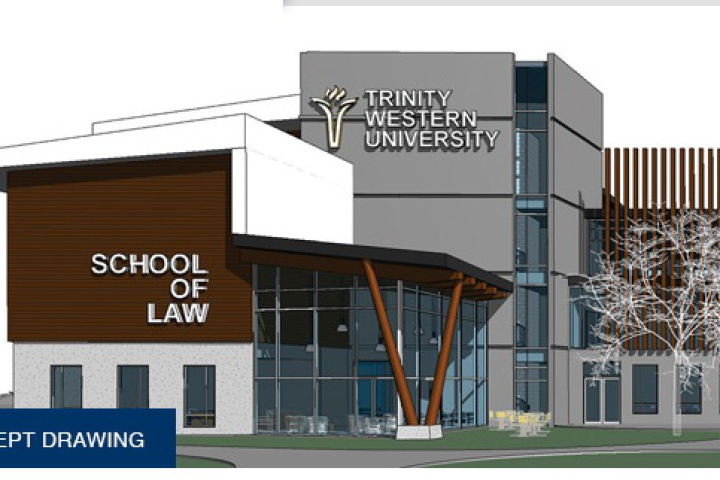The B.C. Supreme Court has ruled in favour of a Christian university’s graduates to practise law in the province.

Chief Justice Christopher Hinkson issued his decision today saying the Law Society of B.C. (LSBC) breached their duty to Trinity Western University’s “community covenant,” which prohibits premarital sex between a man and a woman.
“I find that given inappropriate fettering of its discretion by the LSBC and its failure to attempt to resolve the collision of the competing Charter interests in the October Referendum or the Decision, the appropriate remedy is to quash the Decision and restore the results of the April 11, 2014 vote,” Hinkson said in his ruling.
The society accredited the proposed law school in April 2014, but reversed that decision last October after a vote by its members. The B.C. government also revoked its own support, barring TWU from enrolling students.
BCLS president Ken Walker said today’s decisions is “important to the public and the legal profession” and that the society will be reviewing the judgement and consulting with their legal counsel regarding next steps.
Spokeswoman Amy Robertson said Trinity Western is celebrating Thursday’s ruling.
“We are really excited,” said Robertson. “The court has recognized that freedom of religion and freedom of conscience — the freedom to believe as you wish — is something that’s important for all Canadians.”
But University of British Columbia law professor Emma Cunliffe said the ruling focuses on the process that the society used to make its decision instead of the merits of whether approval should have been granted.
“The Law Society of British Columbia reached a good result by a bad process,” Cunliffe said.
“The difficulty is that it does leave those who are concerned about Trinity Western’s policies with no clear avenue by which to articulate their concerns about the charter rights of LGBTQ people, women and others who might be adversely affected by the covenant.”
This judicial review is the third time the university has fought provincial law societies in court for refusing accreditation because of religious beliefs. Law societies in Ontario and Nova Scotia also opposed granting accreditation to Trinity law school graduates, prompting the university to launch legal challenges in both cases. In January, the Nova Scotia law society’s action was struck down, while an Ontario court upheld its society’s decision in July. Both rulings are being appealed.
Trinity, which has about 4,000 students at its Langley Campus, had plans to open a law school in 2016 but will now be delayed by about two years.
Full 43-page decision:
~ with files from CP




Comments